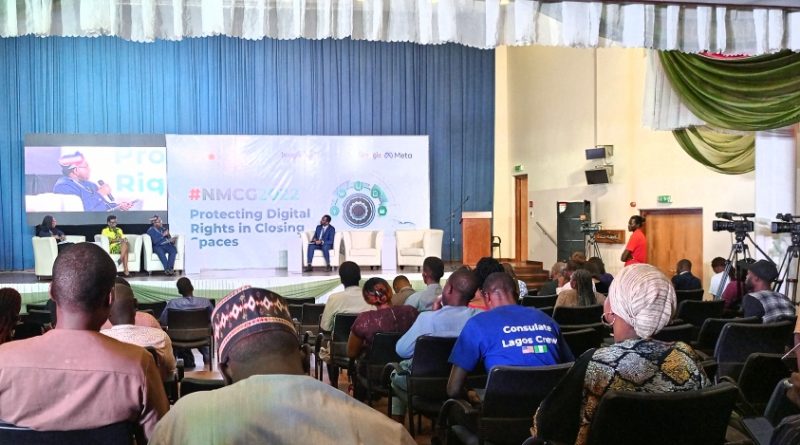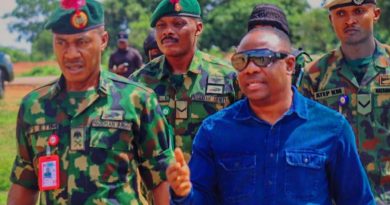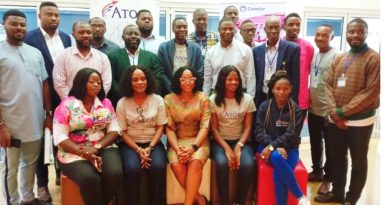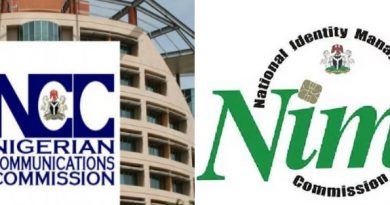Civic Space Is The Bedrock Of Any Open And Democratic Society- Esterhuysen
Oru Leonard
Anriette Esterhuysen, Chairman of Multi Stakeholder Advisory Committee of the United Nations Internet Governance Forum has that a civic space is the bedrock of any open and democratic society.
Anriette stated this in her keynote address during fifth edition of the New Media, Citizens and Governance (NMCG), hosted by Enough is Enough Nigeria, BudgIT Foundation, and Paradigm Initiative with the theme, “Protecting Digital Rights in Closing Spaces”, held on Thursday, November 17, 2022,
She explained that it enables the civil society and a wide range of actors to fulfill their roles and act autonomously in pursuit of democracy, inclusive participation, good governance and human rights.
She therefore advised that civic spaces should be complex and multi-dimensional and should include trends such as digital openings, digital closings, and global crises.
Speaking, Anthony Ojukwu, executive secretary, National National Human Rights Commission (NHRC) said citizens must find a way to see how social media can be harnessed for accountability, adding that online decisions can also affect people offline.
“One thing that social media has brought is information, the digital space has thrown information open and our leaders are struggling to tone it down,” he said.
He advised that citizens must be intentional about making impact leveraging the digital space but it must be done in moderation.
Also peaking, Temitope Ogundipe, founder, TechSocietal Consulting said tech companies should be regulated but should be in protection of human rights, noting that internet shut down is a form of digital violence and intimidation.
Ogundipe stressed that those in the digital space should be protected from being harmed by insensitive content, false news, hate speech and the likes.
Discussions at the forum centred on protecting digital rights in closing spaces as they are important actors in enabling good governance and driving accountability and transparency.
The one-day hybrid transnational conference featured speakers and dignitaries from across Africa—Cameroon, South Africa, Zimbabwe, The Gambia, Ghana, and Kenya—with over 300 registered delegates to discuss critical topics in the new media and how they affect various facets of the society.




